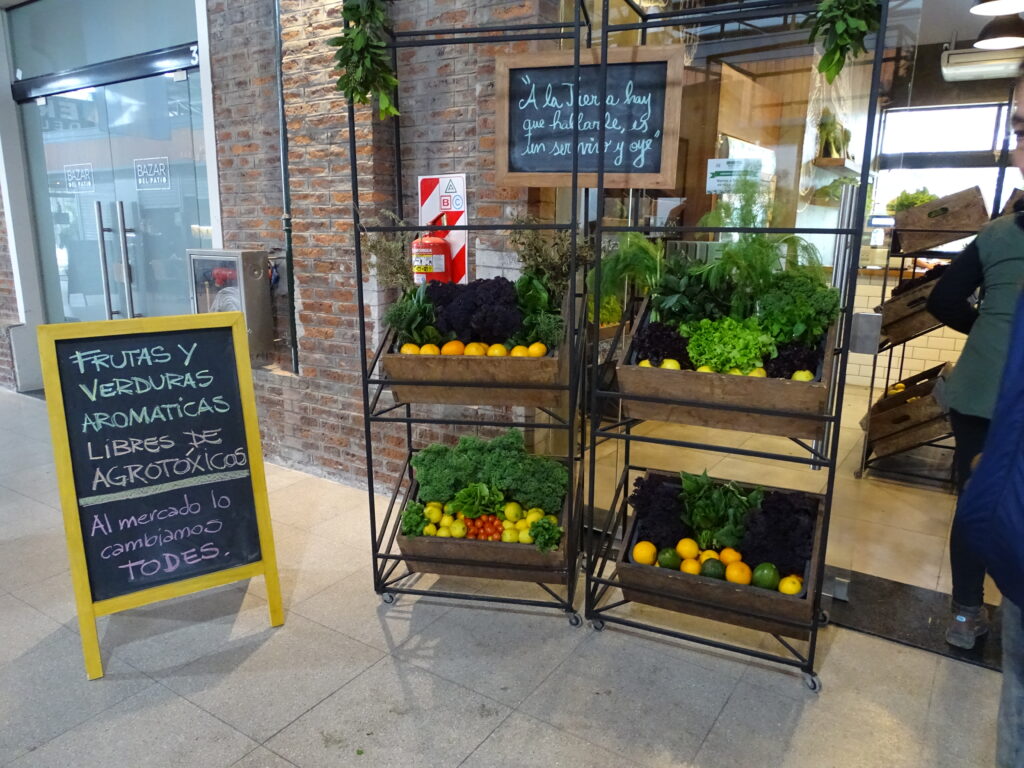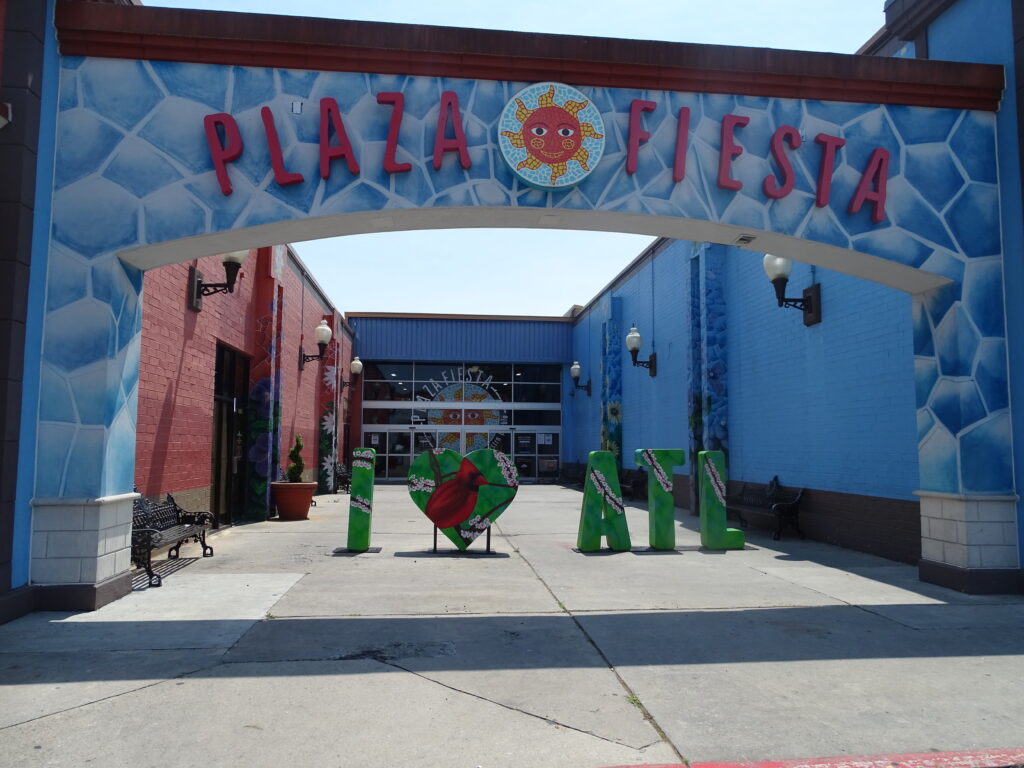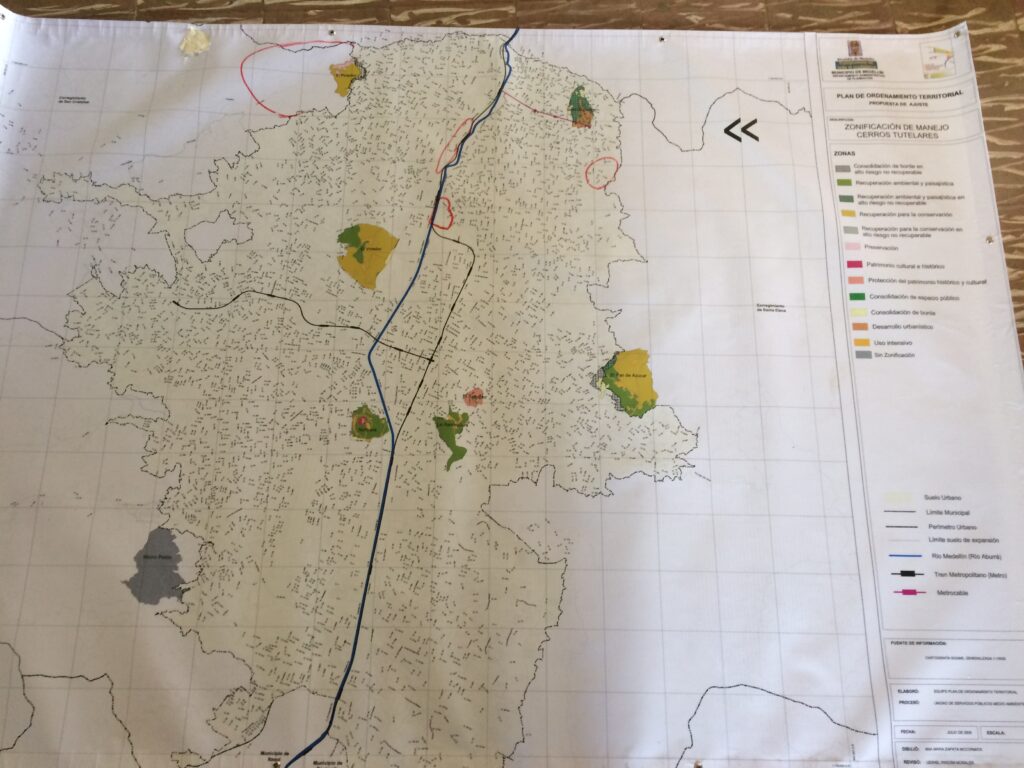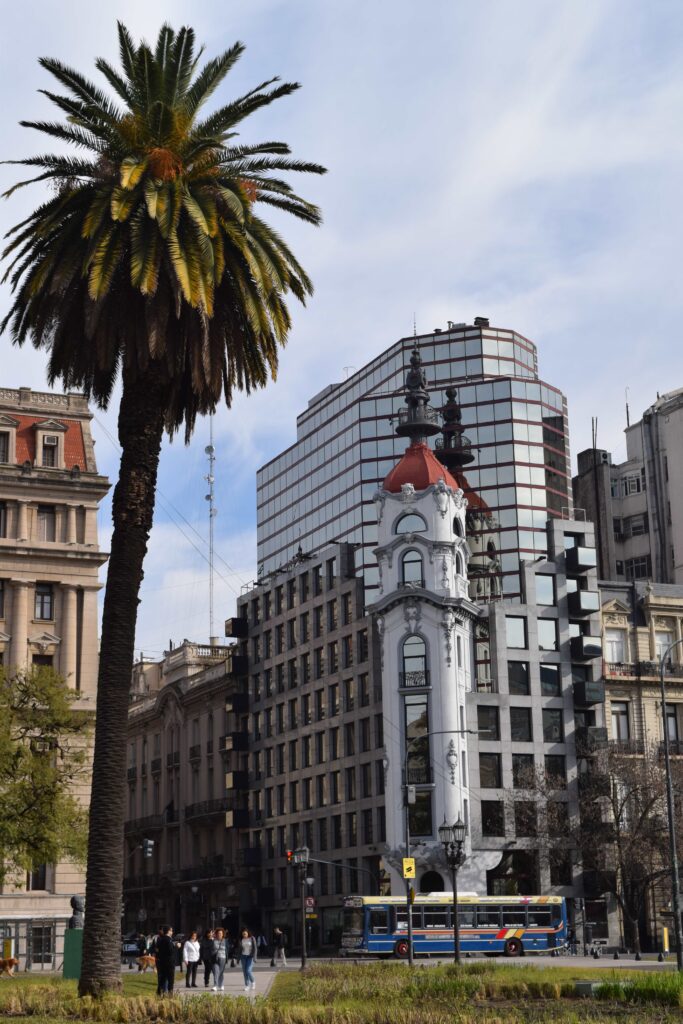
Greening cities through gardening: A political ecology analysis of urban agriculture in the Americas
Urban agriculture – the production and processing of crops or livestock in an urbanized area – has been practiced in cities around the world for millennia. In recent decades, it has experienced a resurgence. The UN Development Programme estimates that more than 800 million urban agricultural producers cultivate 15% of the world’s food (Mougeot, 2006). Whether backyard gardens and hoop houses, collectively organized community gardens, individual allotment gardens, rooftop gardens, greenhouses, beekeeping, or other innovations, urban agriculture (UA) is practiced by a variety of stakeholders. Especially in times of economic recession, people participate in UA to increase social capital, social cohesion, nutrition education, public health, economic development, food security, community resilience, and sustainability, as well as contest the industrial food system. At a smaller scale, progressive cities across around the world receive significant attention for their urban sustainability planning that frequently incorporates UA.
This research (and book manuscript) traces theoretical and empirical explanations for the impact of global political economic structures (sustainable neoliberalism) on local efforts to promote social and environmental goals through UA. Through five years of research on UA efforts in Rosario, Argentina; Toronto, Canada; Medellín, Colombia; and Charlotte, US, this project highlights the contributions UA makes to a city beyond the food produced.
Selected recent publications on this research include:
Hammelman, C. (2022) Greening Cities by Growing Food: A Political Ecology Analysis of Urban Agriculture in the Americas. Springer Nature.
Hammelman, C.and Saenz-Montoya, A. (2020) Territorializing the urban-rural border in Medellín, Colombia: Socio-ecological assemblages and disruptions.Journal of Latin American Geography. 19(2), 36–59.
Hammelman, C. (2019) Challenges to supporting urban agriculture through food system governance in Toronto. Environment and Urbanization, 31(2), 481-496.

Changing migrant food landscapes
Throughout the US, migrant food landscapes and related placemaking activities are undergoing change as a result of contemporary urban restructuring. This process privatizes, commodifies, and ‘revitalizes’ suburban landscapes constructed by migrants in new gateway cities. Increasing flows of global finance and migration to US cities have produced new migrant gateway cities that are now experiencing landscape change as the neighborhoods many migrants call home receive new investments in dense, modern, transit-oriented development and an influx of upscale coffee, grocery, and other food retail establishments.
The impact of this change is rising rent prices for homes and small businesses which produces new spatialities of migrant settlement and entrepreneurship. This change also generates new sites through which social relations and identity are negotiated and contested when migrant residents and businesses relocate to neighborhoods traditionally occupied by other marginalized groups.
This project will systematically investigate these trends in Atlanta, Charlotte, and Washington, DC, by addressing the following research questions: 1) in what ways are migrants’ foodscapes changing as a result of urban restructuring? 2) where in the city are migrants constructing new foodscapes? and 3) what are the implications of this relocation for migrant economic outcomes, social service provision, and neighborhood integration? Given the evolving influences of the global coronavirus pandemic, this research will also consider how migrant placemaking practice has been differentially impacted by the pandemic.
The project relies on a mixed methods research approach utilizing quantitative analysis of demographic and property data and qualitative analysis of field surveys, in-depth interviews with key stakeholders, and interactive community forums over a five-year period. The mixed methods, longitudinal, and comparative approach of the central research program is important for uncovering the political economic implications of urban restructuring for migrant foodscapes and the complexity of relocation that occurs as a result of these processes. The lens of food systems is particularly useful for understanding these dynamics as foodscapes are important and visible placemaking cultural artifacts through which migrant communities express and maintain identities, form relationships, and potentially signal a neighborhood as ripe for gentrification.
In collaboration with key stakeholders, the research program will produce briefs, presentations, and networking for policy and social service providers responding to migrant needs in entrepreneurship, health, and neighborhood integration. The research team also seeks to foster an intellectual community of both scholars and practitioners (in part through a virtual speaker series) addressing the impacts of contemporary urban restructuring for growing migrant communities making place in new gateway cities. This research is supported by a National Science Foundation CAREER Grant (#1945132).

Charlotte Action Research Project (CHARP)
I am also the incoming director for the Charlotte Action Research Project (CHARP). This work privileges the co-creation of research and advocacy projects with Charlotte neighborhoods. In this regard, CHARP integrates teaching, research, and action in pursuit of social justice in Charlotte. Visit the CHARP website for more information.

Public space in Buenos Aires, Argentina
Public space is a fundamental site of the urban experience. It serves as an arena of social mixing, political protest, and consumption. Urban regeneration projects worldwide are privatizing and commercializing public spaces. In response, marginalized groups that are increasingly excluded from these spaces are organizing to reclaim public space. In both commercialization and resistance processes, food materialities are central. Holding soup kitchens in parks, sharing meals during extended protest, guerrilla gardening, and street vending produce social relations that support or hinder claims to public space. Yet, little attention has been afforded to the role of food practices in producing public spaces. This research investigates such food materialities in Buenos Aires, Argentina, to shed light on the ways in which food – as an aspect of everyday survival, but also a cultural expression – is used in struggles over public space. Buenos Aires is an illustrative city to study this phenomena due to its long history of social struggle alongside an increasing neoliberal privatization of the city.




